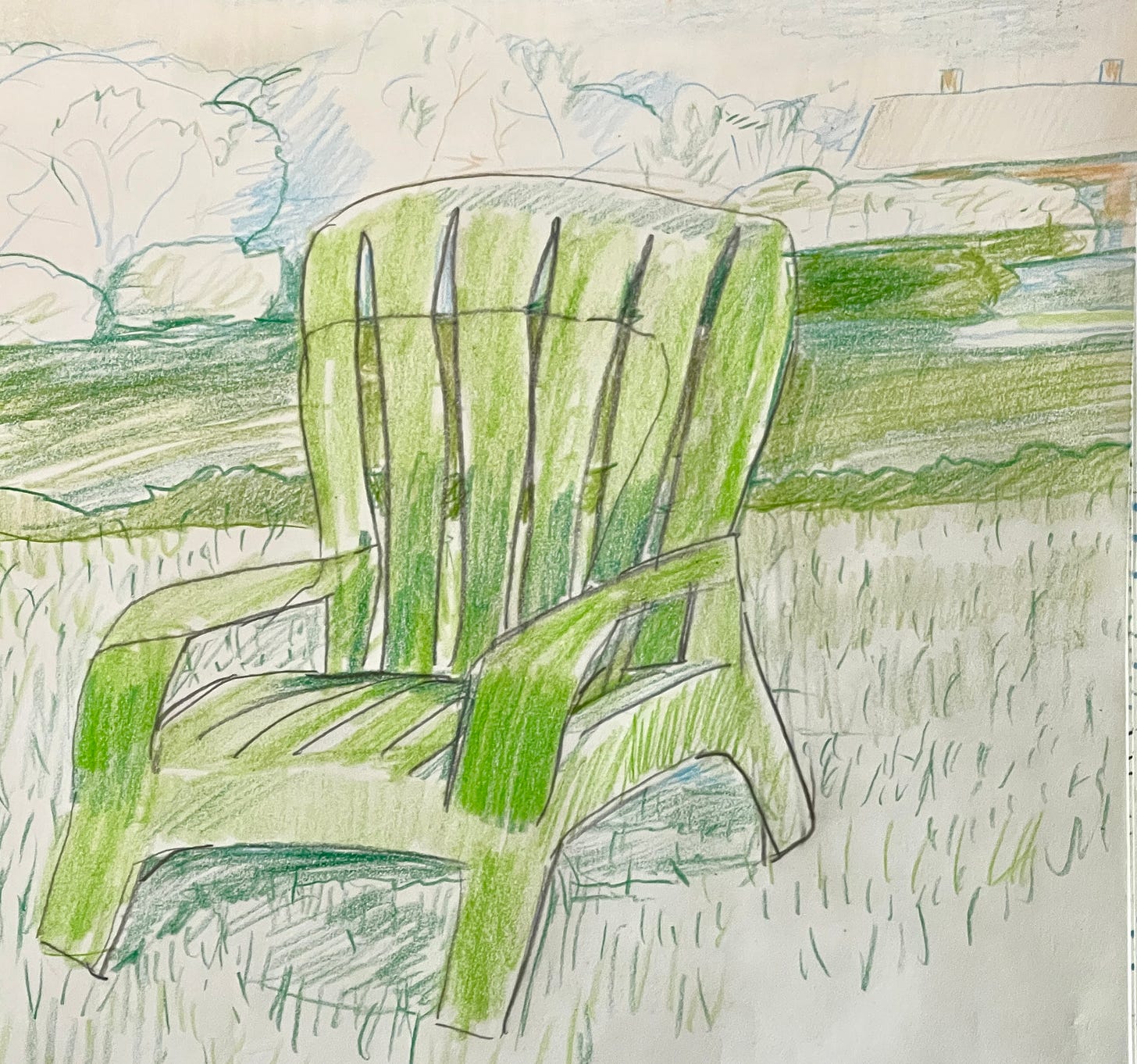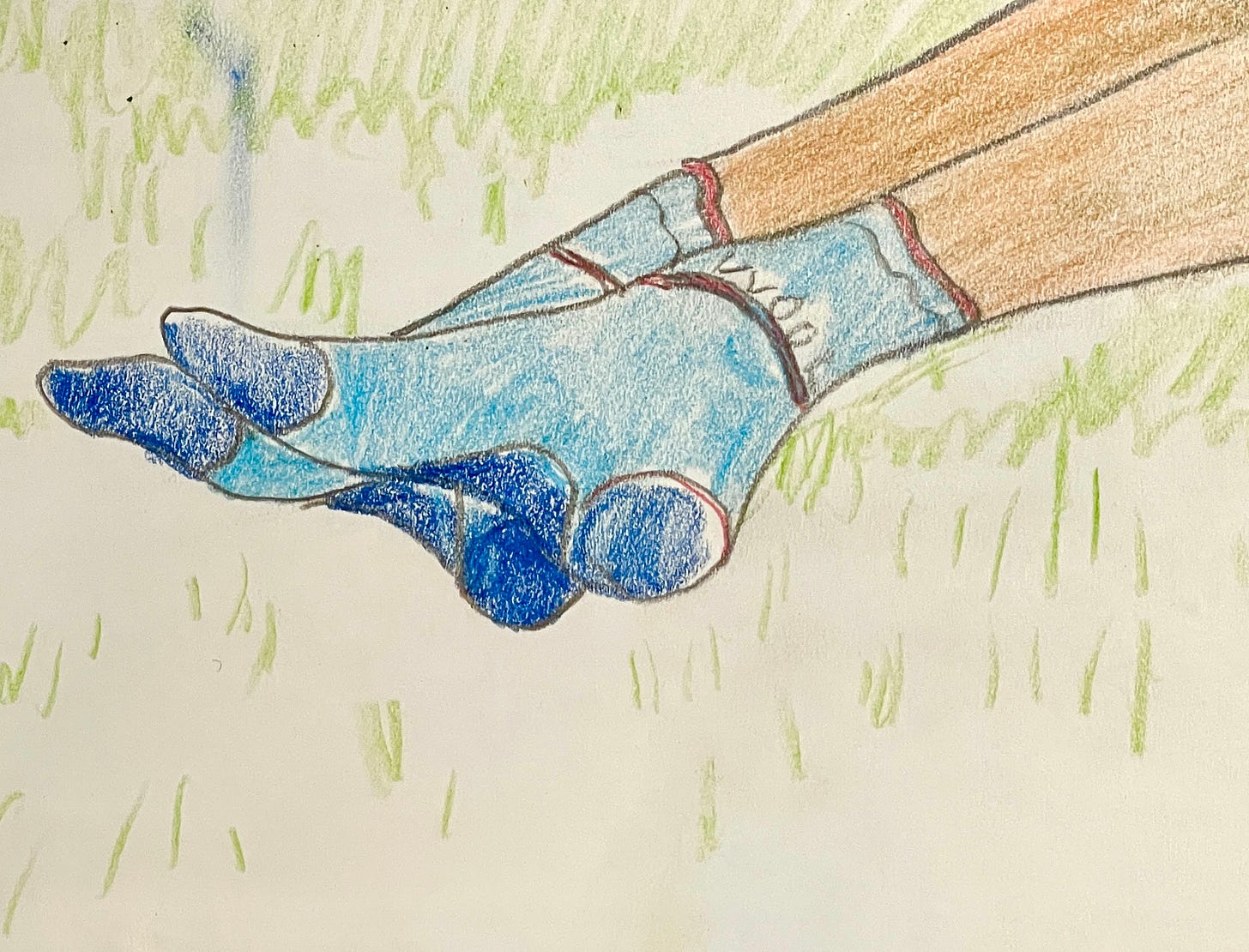There’s something in the air again. I am having that restless feeling that makes my eyebrows pinch and gives me that fuzzy feeling in my head, the same feeling I got when I sat beside the plate of donuts in the Community room at FCS and listened to the scientists from Gulf of Maine Research Institute talk about sea level rise as if it was as ordinary as, say, a king tide on a full moon night in June.
Yesterday I read about the Town of Freeport’s rollout of the planning process for its climate action plan, a year’s long process designed by the Greater Portland Council of Governments, GPCOG. Because FreeportCAN isn’t a town board we aren’t allowed input into the planning or design of the assessment process. Not even a phone call to GPCOG is in the cards.
Now, I confess I feel left out, like a teenager not invited to a cool party. And I confess I’ve pouted. When I was a kid and my shoulders slumped and my chin quivered and I sat moping in the green and pink upholstered chair next to the fireplace, my mother sent me to my room until I could come out “with a smile on my face.” I used to resent that, but now I can see she was right. Life’s too short for pouting, and, for sure, there’s no time in this climate work for a moment of pouting.
But my restlessness isn’t coming from being on the sidelines of this Town process. It’s coming from the emotional tone I decipher in the documents about the Town climate action plan. What do you think about these words: mitigation and adaptation, the only categories of actions suggested? Who but a very pouty person could object to that oh so reasonable word, mitigation? Mitigate: to make less severe or painless. Or that oh so practical word, adaptation. Adaption: to become adjusted to. They make me think of lullabies sung to crying babies. “Hush little baby don’t say a word, mama’s gonna buy you a mocking bird.”
If there are any mocking birds left.
I notice how so many of us have abandoned the words emergency, crisis, catastrophe, disaster and moved around the corner to a safer spot where there is a chair in the field and the trees look like clouds and we can sit down and take a rest. A year from now a plan will evolve which will recommend the town reduce carbon emissions by some percentage and install new infrastructure to support roads or bridges or shorelines. Sometime this summer FreeportCAN, along with all the citizens of the town, will be allowed input into this plan. Sometime after that the Town Council will vote on the plan, then monies will be raised to pay for these projects. All that before anything is actually—done!
Meanwhile the seas continue to rise. The amount of carbon emitted into the atmosphere continues to climb and time is running out. Though the fires out west and the dried-up Colorado River and the awful floods in Pakistan get all the press and all the photos, less attention is given to our little corner of the world which, along with the Arctic, is one of two of the fastest warming places IN THE WORLD. https://www.epa.gov/climate-indicators/climate-change-indicators-us-and-global-temperature
When I look out my window this morning, a ten-foot-high snowbank crafted by the snowplow obscures my view of the forest and gives me a false sense that “every little thing’s gonna be all right.” In fact, despite all this snow this week, Maine has on average lost three weeks of snow’s typical tenure and is way ahead of the curve for warm weather. Loss of snow is disorienting to us humans, disruptive of our sense of place and time, not to mention the winter economy that depends on big fluffy mounds of it and deeply frozen lakes. But for now, the loss of snow for us humans isn’t as catastrophic as it is for the ecosystems which support our profligate life style and account for much of its beauty and wildness.
But let me return to the Town plan. I don’t mean to say that they should not have a plan, should not be mitigating and adapting. We will need all that, even if it comes too slowly, even if, in my opinion, we don’t need this excruciating process to know that we should reduce carbon emissions and shore up our infrastructure. And when the time comes, I intend to work as hard as I can with no pouty look on my face to assure the plan is as effective as it can be.
But I have one more worry about this plan, about how it will influence all of us here in Freeport. I worry it absolves all of us from facing a deep moral question: What is asked of me? Does a town plan absolve me from the heart wrenching examination of my own moral responsibility?
How does an individual even consider the question of one’s own moral responsibility to the mockingbird, the hemlocks, the rockweed, the seas, not to mention the children? This kind of question is beyond the scope of what our modern mindsets are set up to ask. Raised in a culture that prizes individuation and separation and has no Grandmother Woodchuck to teach us how it’s all connected, how do we even remember to think about interconnection? Who me! responsible for that mangy little hemlock with the slime on its branches, that warty frog?
It’s easy to say that it’s the coal mine owners or Exon or Morgan Stanley who bear a responsibility for the slow death of winter here in Maine. But what about my investments? Is it morally irresponsible to continue to use the benefits from my LLBean Citi Bank credit card when Citi is #2 in the world for investment in fossil fuels? Does it matter that the free pair of blue Smart Wool socks I cash in on at the register at Bean’s flagship store uptown comes to me from profits garnered from drilling yet another new fossil fuel infrastructure project?
I could go on asking these kinds of questions but what I hope for is dialogue. Just as two years ago I wished that more people would talk about their worries about climate breakdown, now I have another wish: that people would wrestle out loud with me and with their friends and neighbors with this question of whether we as individuals bear a moral burden to life now and in the future. I have a sense that this question must be asked and processed again and again at deeper and deeper levels before any commitment to personal action which might significantly alter our lifestyle and worldview can happen.
In my work as a therapist I asked without hesitation the most piercing, intimate, forbidden questions. But now I have another confession, I too am chicken to start this conversation. Well I guess I’ve started it here, this morning, on this page. But it’s hard to imagine having a cup of coffee at the Met uptown with an old friend and after we catch up on the ordinary things people catch up on, I wiggle in my seat and say, “Uh, I wonder if we can talk about our moral responsibility to life in the face of the climate breakdown? I just bought this pair of socks at Beans on credit from my Citi Card and I’m wondering about my own culpability. Do you ever feel the same way?”
Is it possible that this lack of processing our own personal responsibility is the missing link in the conundrum of why more people who know climate breakdown is happening don’t feel any personal urgency around action? Does it shed some light on Great Thunberg’s statement that we don’t know how to motivate people to stay in urgency and respond out of it?
I will leave you with the words of another Kathleen who writes far more eloquently and lyrically about climate breakdown than I. Kathleen Dean Moore, a philosopher and an environmental scholar, has all the creds I don’t have for this discussion of morality. This quote comes from her book, “The Great Tide Rising.”
Because the looming environmental emergencies present a moral crisis, they call the citizens of the world to our best and highest humanity. Climate change is a violation of human rights on an unimaginable scale. It is a failure of reverence for all the lives—the creatures of land and sea that are striving to continue. It is a violation of justice, casting the burdens of corporate profligacy on those who will never enjoy its benefits. It is a betrayal of the children. It is also a chance, perhaps a last chance, to redeem the promise of humanity, the evolved awareness in a soft body that, from the time it draws its first breath, seeks to love and be loved.






Our Constitution was defective from the start: it allowed for decisions like Dred Scott. Likewise our Ten Commandments were defective, they lacked anything barring selfish behavior, or commanding reverence for non human life. We need to change everything from the bottom up, but I'm afraid time is in very short supply.
a sideways response to your important question:
https://atmos.earth/live-oak-trees-new-orleans-storms/?mc_cid=f8cab0e41a&mc_eid=e2ef765795